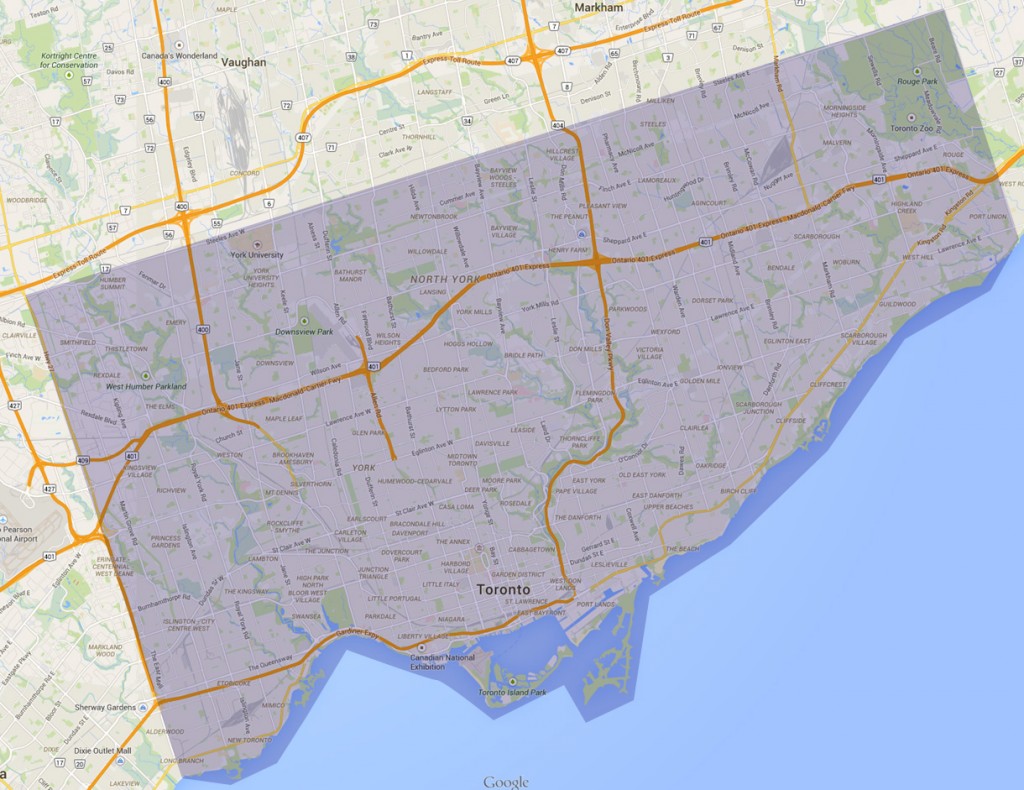About
The Toronto Mental Health and Addictions Access Point, referred to as The Access Point, is a centralized point where you can apply for individual mental health and addictions support services and supportive housing.
The Access Point provides coordinated access to a number of services within the large network of service providers through one application and intake assessment process.
 How does it work?
How does it work?
The Access Point processes your application for services. Once you have submitted your application, you will be contacted to discuss your eligibility for services and what your goals and needs are. If you are found to be eligible, you will be placed on the waitlist for the service(s) requested. Once those services are available, The Access Point will contact you to connect you to the service provider agency. Referrers or applicants are asked to communicate changes (i.e. applicant contact information, housing status changes, etc.) to The Access Point staff to ensure your application remains up to date.
Who is eligible for the services available through The Access Point?
Individuals who:
- are 14 years of age or older
- have mental health and /or addictions problems
- that are seriously affecting their lives
- live in, or plan to live in, The Access Point boundaries, which are Port Union Road to Highway 427 and Steeles Ave. to the lake.
What services are available?
Individual Support Services
Intensive Case Management
People with serious mental illness and/or addictions are provided with supports and assistance
People with serious mental illness and/or addictions are provided with supports and assistance to live in the community and are helped to make changes in ways that are meaningful to them. Early Intervention in Psychosis (EPI) Programs can be applied for under this type of service. See our partners page for more information on EPI services.
Assertive Community Treatment Teams (ACTT)
Multi-disciplinary teams provide treatment, rehabilitation and support to people with severe mental illness in their recovery. People receiving these services are seen frequently by members of the team.
Applicant must have:
- Specific diagnosis with a priority for those experiencing psychosis
- History of hospitalizations – supporting hospital records are recommended
- A detailed explanation from the referral source in the “Reason for Referral” section regarding why the applicant needs ACTT services specifically
Supportive Housing
To apply for supportive housing, the applicant must be 16 years of age or older, have mental health and/or addictions concerns, qualify for a housing subsidy under the criteria set by the Ministry of Health, and must be willing to accept some level of support from the housing provider. Under the Supportive Housing services available, there are three separate programs available. Applicants may be eligible to apply for more than one of these three options below:
 Mental Health Supportive Housing Program
Mental Health Supportive Housing Program
Supportive housing for persons with mental health concerns including addictions. The Access Point facilitates linkages to supportive housing with various levels of support including shared housing such as group homes, boarding homes and rooming houses, as well as independent housing. (See Partners page for more details)
Problematic Substance Use Housing Program
Supportive housing for persons with problematic substance use. The Access Point facilitates linkages to low support independent housing.
Applicant must also:
- have a severe and active substance use challenge
- be homeless or marginally housed
- be a high intensity service user of emergency departments, hospitals, withdrawal management and/or the justice system
(See Partners page for more details)
Mental Health and Justice Housing Program
Mental Health and Justice Supportive Housing Program. The Access Point facilitates linkages to low support independent housing.
Applicant must also:
- be homeless or at immediate risk of homelessness
- have current involvement with the Criminal Justice system at time of housing intake
- be referred by a priority referral source such as various professionals working in the justice system
General Wait times
It is difficult to give estimates of the wait times for the various services because many factors can impact wait times and these estimates can change.
However, below is a list of approximate wait times:
For Intensive Case management services: about 8-9 months depending on geographic area city
For Assertive Community Treatment (ACTT): can be up to 1 year depending on geographic area of the city
For Supportive Housing:
- 24 hour high support shared living can be up to 5 years
- Medium support / Daily support shared living can be up to 3 years
- Low support shared living can be up to 2 years
- Low support in a shared bedroom can be 1 year
- Shared room in a boarding home can be 2-3 months
- Independent self-contained apartment with low support for someone who meets homelessness criteria can be up to 3 years
- Independent self-contained apartment with low support for someone currently housed can be up to 7 years
